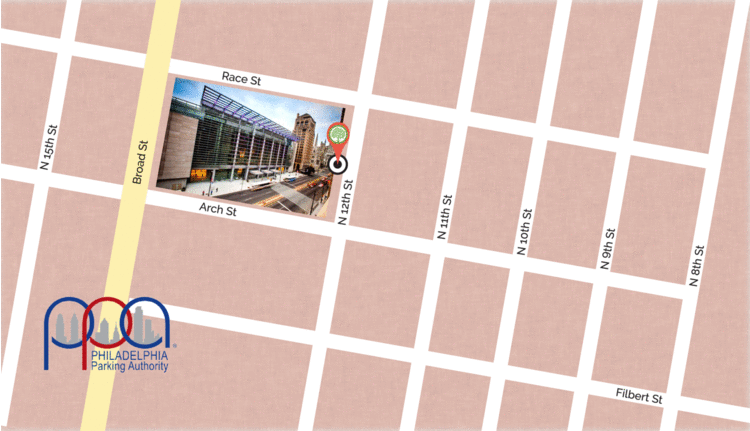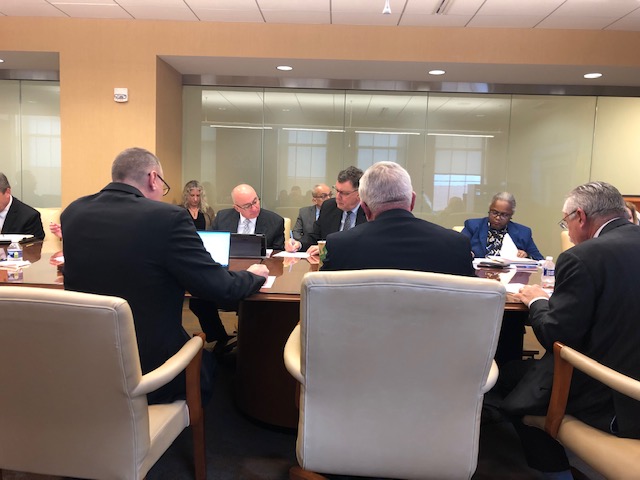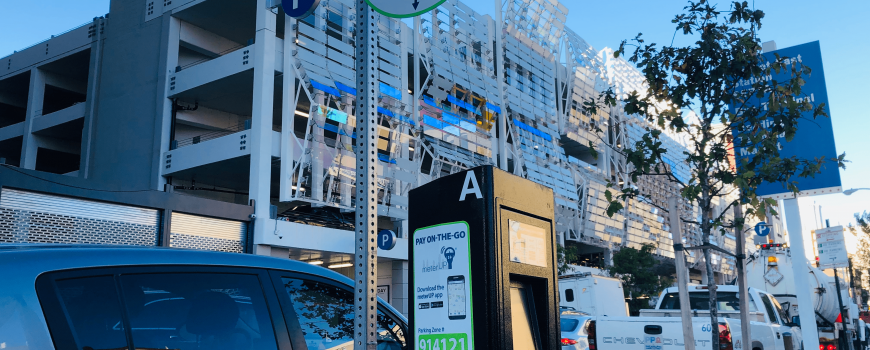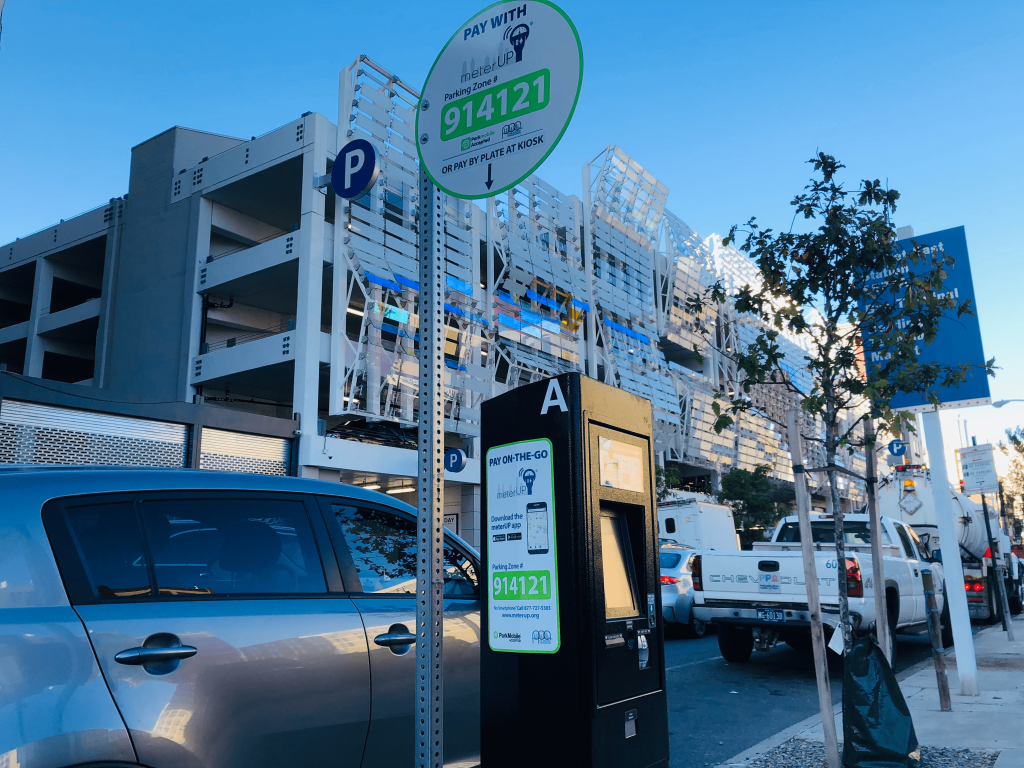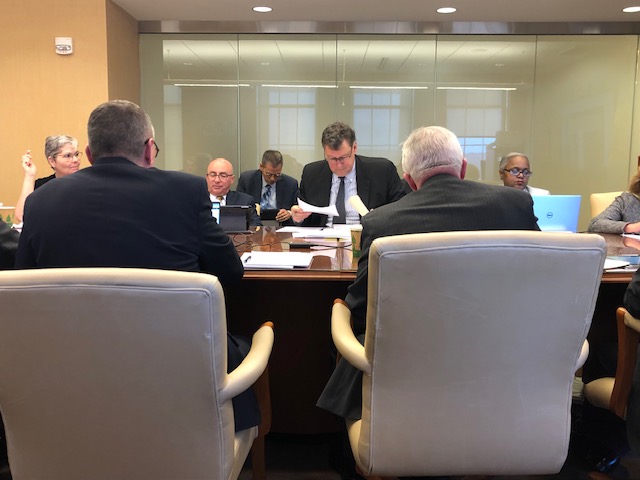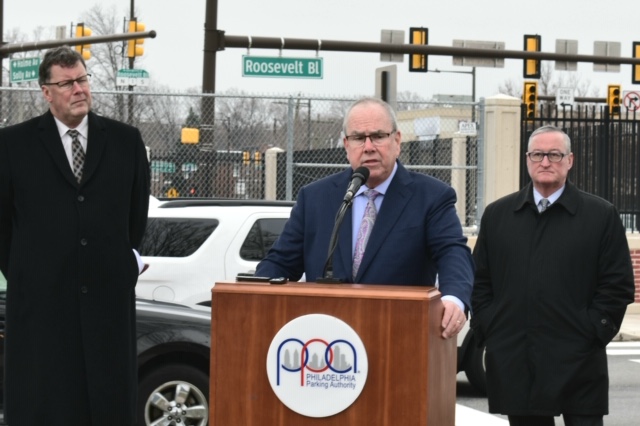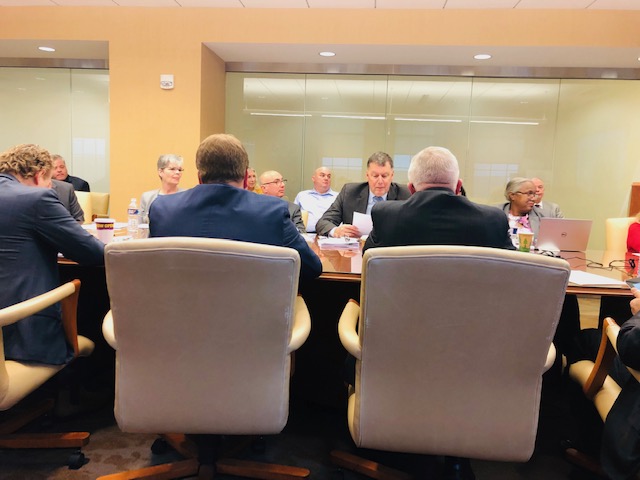Stay Safe by Staying Informed
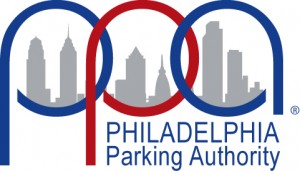
The Philadelphia Parking Authority is actively and carefully monitoring the situation regarding COVID-19. The Authority is committed to maintaining the good health of all employees and strongly encourage prevention practices across our community.
The guidelines below provide up-to-date advice to our employees and align with the Authority’s policies in support of our safety goals. These guidelines will be regularly reviewed and updated as the situation unfolds.
We ask that you remain vigilant and obey all orders and directives issued by local and state agencies. In all cases, follow the instructions from your healthcare provider and regularly monitor the following agencies for up to date information and guidance:
- Philadelphia Department of Public Health https://www.phila.gov/services/mental-physical-health/environmental-health-hazards/covid-19/
- Pennsylvania Department of Health https://www.health.pa.gov/Pages/default.aspx
- Centers for Disease Control https://www.cdc.gov/We
Mental Health Services
The Philadelphia Parking Authority recognizes that our employees, their families and loved ones may be experiencing an extraordinary amount of stress at this time. The Philadelphia Department of Behavioral Health has provided the following resources:
Mental Health Crisis
215-685-6440
Mental Health and Addiction Services (for people with and without insurance)
888-545-2600
Children’s Crisis Response Center
3300 Henry Avenue, Suite 3N
215-878-2600
National Suicide Prevention Hotline
800-273-8255
Veterans dial 1
Domestic Violence Hotline
866-723-3014
Homeless Outreach
215-232-1984
Intellectual disability Services
215-685-5900
HealthyMindsPhilly.org
Free, 24\7 online behavioral health screening, access to Mental Health First Aid trainings and resources.
COVID-19: WHAT ARE THE SYMPTOMS?
Symptoms of the COVID-19 can include:
- Fever • Cough • Shortness of breath
EMPLOYEE RESPONSIBILITIES - Do not report to work if you are sick.
- Cover any coughs or sneezes with your elbow, do not use your hands!
- Clean surfaces frequently, such as countertops, light switches, cell phones and other frequently touched areas.
- Wash hands often with soap and water for at least 20 seconds. Use an alcohol-based hand sanitizer if soap and water are not available.
- Should you become sick, report your illness to your supervisor and Human Resources.
- Should someone in your household becomes sick, report the illness to your supervisor and Human Resources.
- Employees who appear to have acute respiratory illness symptoms (i.e. cough, shortness of breath) upon arrival to work or become sick during the day should be separated from other employees and be sent home immediately. Supervisors must keep Human Resources informed when a sick employee is sent home. Sick employees should cover their noses and mouths with a tissue when coughing or sneezing (or an elbow or shoulder if no tissue is available).
- Employees who are well but who have a sick family member at home with COVID-19 must notify his/her supervisor and refer to CDC guidance to learn how to conduct a risk assessment of their potential exposure to remain health and not infect others. (https://www.cdc.gov/coronavirus/2019-ncov/php/risk-assessment.html)
- If you have come in contact with Asymptomatic (show no signs of illness) People Exposed to COVID-19:
- CDC does not recommend testing, symptom monitoring or special management for people exposed to asymptomatic (show no signs of illness) people with potential exposures to COVID-19 (such as in a household), i.e., “contacts of contacts;” these people are not considered exposed to COVID-19.
TRAVEL OUTSIDE OF THE UNITED STATES
If you or someone in your household have recently returned from a high risk country determined to be Level 2 or above (such as Europe, the UK and Ireland, China, South Korea, Malaysia, and Iran), please adhere to the following guidelines:
Stay home if you are not feeling well.
- Self-monitor for signs of fever, dry cough and trouble breathing
- Call 1-877-PA-HEALTH (1-877-724-3258) immediately if you become sick
- Contact your doctor or ER prior to arriving so as not to overwhelm the healthcare system
- Should the Authority be made aware that an employee has been confirmed positive, we will inform fellow employees of their possible exposure in the workplace; however, we must maintain the employee’s confidentiality as required by the ADA
CORONAVIRUS FAQ’s
How is COVID-19 Diagnosed?
Your healthcare provider can determine if your signs and symptoms are explained by other causes, or if there is reason to suspect you may have COVID-19. If laboratory testing is appropriate, your healthcare provider will work with health officials in your state, who in turn will work with CDC, to collect and test any clinical specimens for diagnosis.
How is COVID-19 Treated?
No vaccine or specific treatment for COVID-19 infection is available. Hospitals can provide supportive care for infected people.
What Should I Do if I Think I Have Been Exposed to or Infected With COVID-19?
Alert your healthcare provider immediately if you think you may be infected with COVID-19, including if you have been exposed to someone with the virus and have signs/symptoms of infection. Additionally, contact your supervisor to report your exposure. If you are experiencing symptoms, you should tell your healthcare provider about any recent travel to areas where COVID-19 is spreading.
If you believe you have been exposed on the job, alert your supervisor and human resources immediately.
I am Concerned About Exposure to a Coworker Who Seems Sick. Can I Insist That They be Sent Home?
If you have a concern about an employee who appears sick, speak to your supervisor. If the Authority’s management believes that an employee has symptoms associated with a communicable disease such as coronavirus, management, in consultation with Human Resources, may require the employee not to report to work and to use any available compensatory leave, sick leave, vacation leave.
Additionally, the Authority’s management should emphasize to employees the importance of staying home when sick, and employees that are required to stay home by the Authority should discuss leave options with Human Resources.
One of My Employees Looks Sick. What Should I Do?
The safety and well-being of our employees is our most important issue and prompt identification and isolation of potentially infectious individuals is a critical step in protecting workers and the public. All employees are strongly encouraged to self-monitor for signs and symptoms of COVID-19 if they suspect possible exposure. Where appropriate, supervisors should immediately isolate people who have signs or symptoms of COVID-19 and send them home immediately. Supervisors must also notify Human Resources.
If you think you are developing symptoms associated with COVID-19 and have reason to believe you have been exposed to the virus, the CDC recommends calling your doctor and/or the Philadelphia Department of Public Health. If you are sick, notify your supervisor and stay home. An employee told by a doctor or public health official that they should be under isolation due to illness should not report to work and should follow the Authority’s relaxed Sick Leave Policy when recording leave.
When an employee is quarantined, the employee shall be granted paid leave until the specified period of time ends or the employee becomes ill with the communicable disease, whichever comes first. The employee must provide proof of quarantine.
If you have reason to believe you have been exposed to the virus, the CDC recommends calling your doctor or Public Health department. An employee told by a Public Health official that they should be under quarantine due to exposure to COVID-19 but is not yet symptomatic should notify their supervisor about the quarantine directive.
How Long Do Infected Employees Need to Remain in Quarantine?
According to the Centers for Disease Control, people with COVID-19 can discontinue isolation under the following circumstances:
1. No fever for 72 hours (3 full days with no fever and no medications to stop the fever) AND
2. Other symptoms improved (cough, shortness of breath) AND
3. At least 7 days have passed since your symptoms first appeared.
Should I be tested for COVID-19?
If you develop symptoms such as fever, cough, and/or difficulty breathing, and have been in close contact with a person known to have COVID-19 or have recently traveled from an area with ongoing spread of COVID-19, stay home and call your healthcare provider. Older patients and individuals who have severe underlying medical conditions or are immunocompromised should contact their healthcare provider early, even if their illness is mild. If you have severe symptoms, such as persistent pain or pressure in the chest, new confusion or inability to arouse, or bluish lips of face, contact your healthcare provider or emergency room and seek care immediately. Your doctor will determine if you have signs and symptoms of COVID-19 and whether you should be tested.
Using the CDC-developed diagnostic test, a negative result means that the virus that causes COVID-19 was not found in the person’s sample. In the early stages of infection, it is possible the virus will not be detected.
Can a Person Test Negative and Later Test Positive for COVID-19?
For COVID-19, a negative test result for a sample collected while a person has symptoms likely means that the COVID-19 virus is not causing their current illness.
Will I be Notified if Someone I Work With is Confirmed to Have Coronavirus?
Employees known to be exposed to an individual diagnosed with coronavirus will be notified that a case of coronavirus has been confirmed, but the Americans with Disabilities Act protects the identity and medical information of people with communicable diseases.
If I Contract Coronavirus While Working, Am I Eligible for Workers’ Compensation?
If you become ill and it is determined to be work-related in accordance with the Workers’ Compensation Act, the Workers’ Compensation Policy applies. If your illness is determined not to be work-related, the Authority’s Sick Leave Policy applies.
WHAT IS THE FAMILIES FIRST CORONAVIRUS RESPONSE ACT?
The Families First Coronavirus Response Act is federal law signed by President Donald Trump on March 18, 2020. The Act responds to the growing health and economic crises with provisions for paid sick leave, free COVID-19 testing and expanded unemployment benefits.
Free Testing
The legislation seeks to make testing for the coronavirus free to the public (without having to use deductibles or copayments). It includes a variety of waivers in order for testing costs to be covered by either insurance or government programs.
Paid Sick Leave
The bill establishes a federal emergency paid-leave benefits program to provide payments to some employees.
Unemployment Aid
The legislation boosts unemployment benefits, with nearly $1 billion in state grants to cover processing and paying unemployment insurance.
It also raises the amount of assistance to states with high unemployment for those who have exhausted benefits already.
Additional information on the Families First Coronavirus Response Act can be found at https://appropriations.house.gov/sites/democrats.appropriations.house.gov/files/Families%20First%20Summary%20FINAL.pdf


